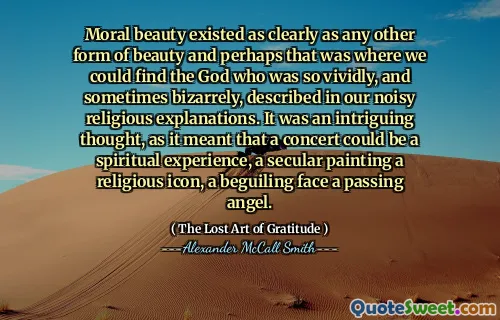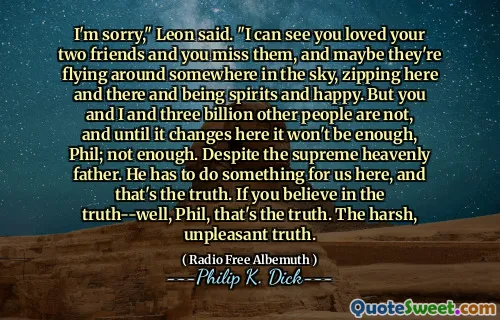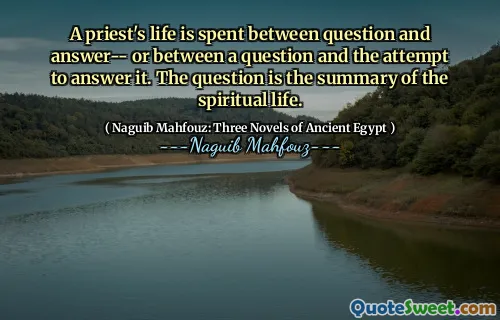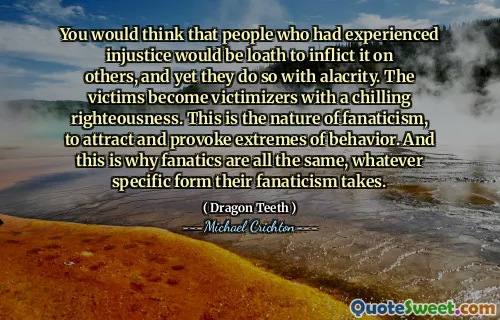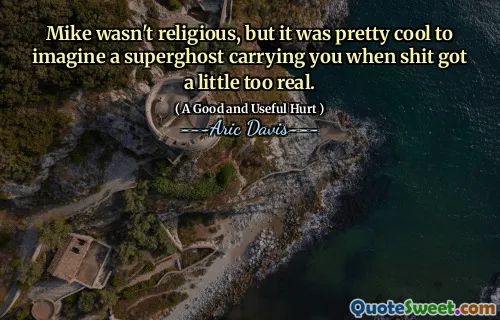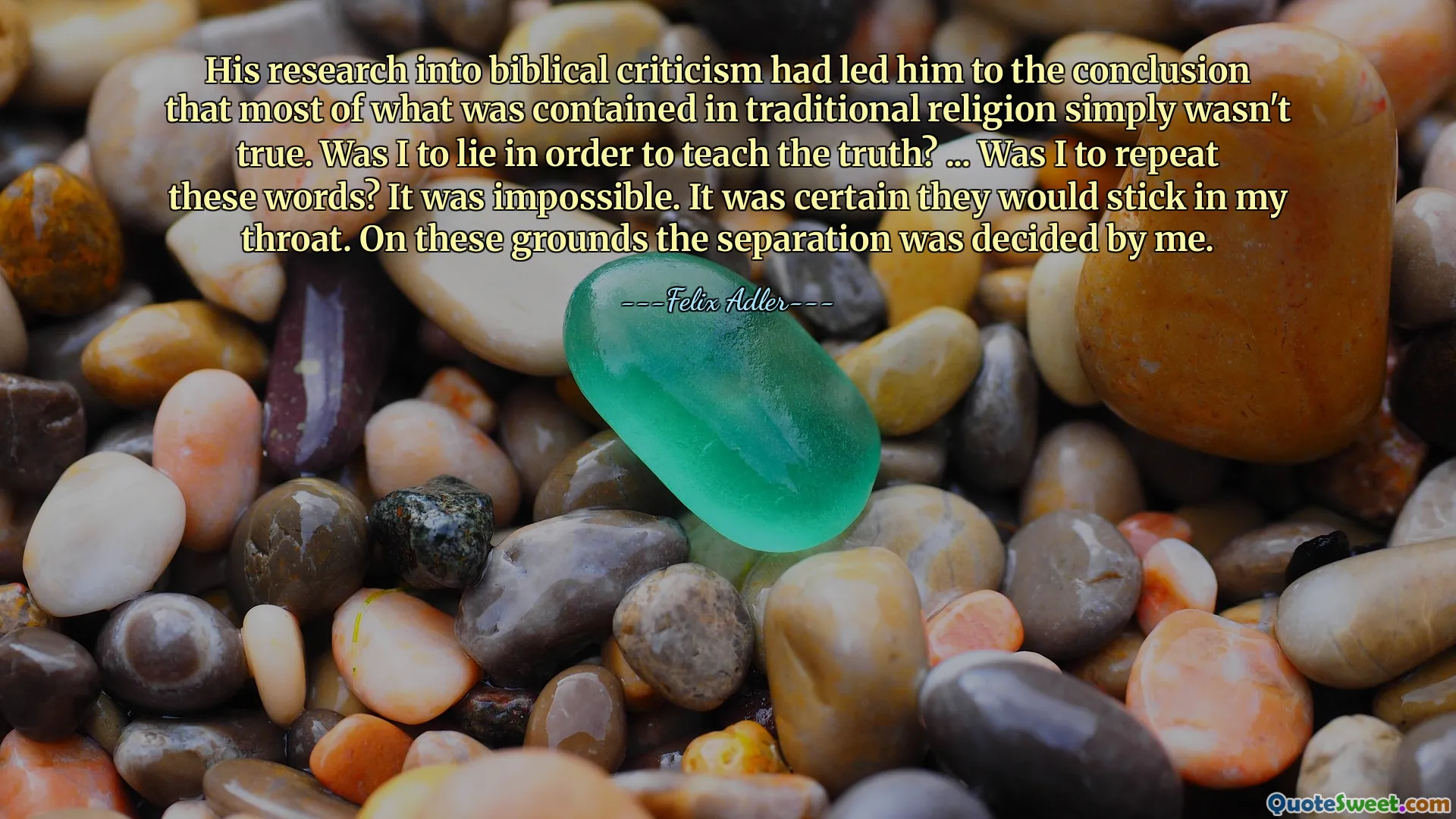
His research into biblical criticism had led him to the conclusion that most of what was contained in traditional religion simply wasn't true. Was I to lie in order to teach the truth? ... Was I to repeat these words? It was impossible. It was certain they would stick in my throat. On these grounds the separation was decided by me.
This quote explores a profound ethical dilemma faced by individuals who uncover uncomfortable truths that challenge long-held beliefs or societal norms. The individual has dedicated significant effort to understanding biblical criticism, a field that often questions the literal and historical accuracy of religious texts. As a result, they arrive at the conclusion that much of traditional religion may not be true. Faced with the choice of propagating comforting lies or confronting the harsh reality, the person contemplates the moral obligation to be honest versus the potential consequences of such honesty. The internal conflict is palpable; the idea of lying, even for the sake of conveying some form of 'truth,' feels wrong and impossible to carry out because it contradicts one's integrity and genuine understanding. This inner struggle underscores the importance of authenticity and moral conviction in truth-seeking. Ultimately, the individual chooses a path of integrity, recognizing that compelling honesty can sometimes require personal sacrifice, including separation from accepted norms or communities. This reflection emphasizes that the pursuit of truth is often accompanied by difficult decisions and moral courage. It also reminds us that personal integrity must sometimes take precedence over societal acceptance, and that the pursuit of genuine understanding often involves uncomfortable but necessary separations from falsehoods or illusions. Such an act signifies both moral strength and a commitment to authenticity, qualities essential for genuine intellectual and spiritual growth.






